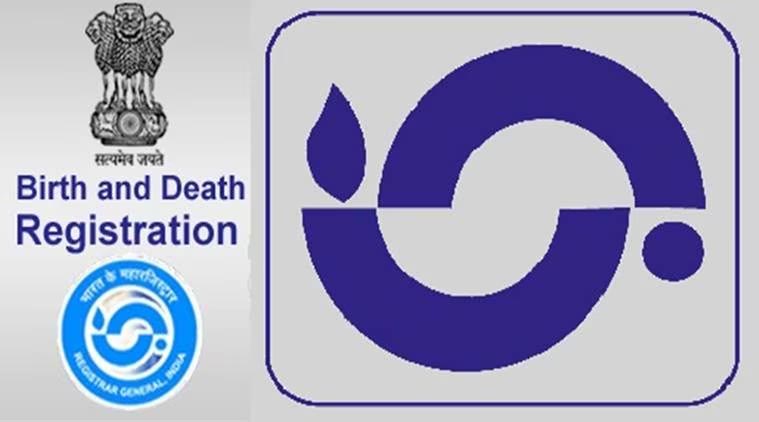The Registrar General of India (RGI) has issued a strong reminder to both government and private hospitals, warning them against delays in reporting births and deaths. In a circular dated March 17, 2025, the RGI expressed concern that many hospitals are flouting legal requirements by waiting for family members to initiate the registration process, or worse, directing them to do it themselves—practices that are undermining the country’s push for universal registration.
As per a report of The Hindu, the RGI noted that while 90% of births and deaths are now registered, the final stretch towards 100% coverage remains elusive. A key reason cited for this gap is the non-reporting of events by hospitals, in violation of the Registration of Births and Deaths (RBD) Act. The Act—amended in 2023—mandates that all such events be registered on the Centre’s digital portal from October 1, 2023. Under Section 23(2) of the Act, any registrar found negligent in registering births or deaths is liable to be fined.
As per the report, government hospitals that serve as registrars under the Civil Registration System (CRS) have been found delaying or avoiding registration unless prompted by the family. Private hospitals, too, have come under scrutiny for either failing to report these vital events or asking relatives to directly approach the registrar, a clear abdication of their responsibility.
The RGI also directed that birth and death certificates must be issued within seven days of the event being reported. Since October 2023, the digital birth certificate has become the sole official document for establishing date of birth in matters ranging from school admissions and marriage registration to government employment.
Another issue flagged in the circular, as highlighted by The Hindu, is the lack of citizen-friendly registration procedures. Even when information is submitted by hospitals or the general public, some registrars are reportedly not uploading the data to the portal in a timely manner, leading to unnecessary delays and public inconvenience.
Meanwhile, concerns have also been raised over the lack of updated demographic data. The RGI has not released the Vital Statistics of India Based on the Civil Registration System or the Report on Medical Certification of Cause of Death since 2020, with the last available reports dating back to 2019. In the absence of a new Census—pending since 2021—civil registration data remains a crucial tool to estimate population trends, structure, and distribution, especially in the context of public policy and planning.
Related:
MHA authorises Registrar General to authenticate Aadhar for birth and death registration

